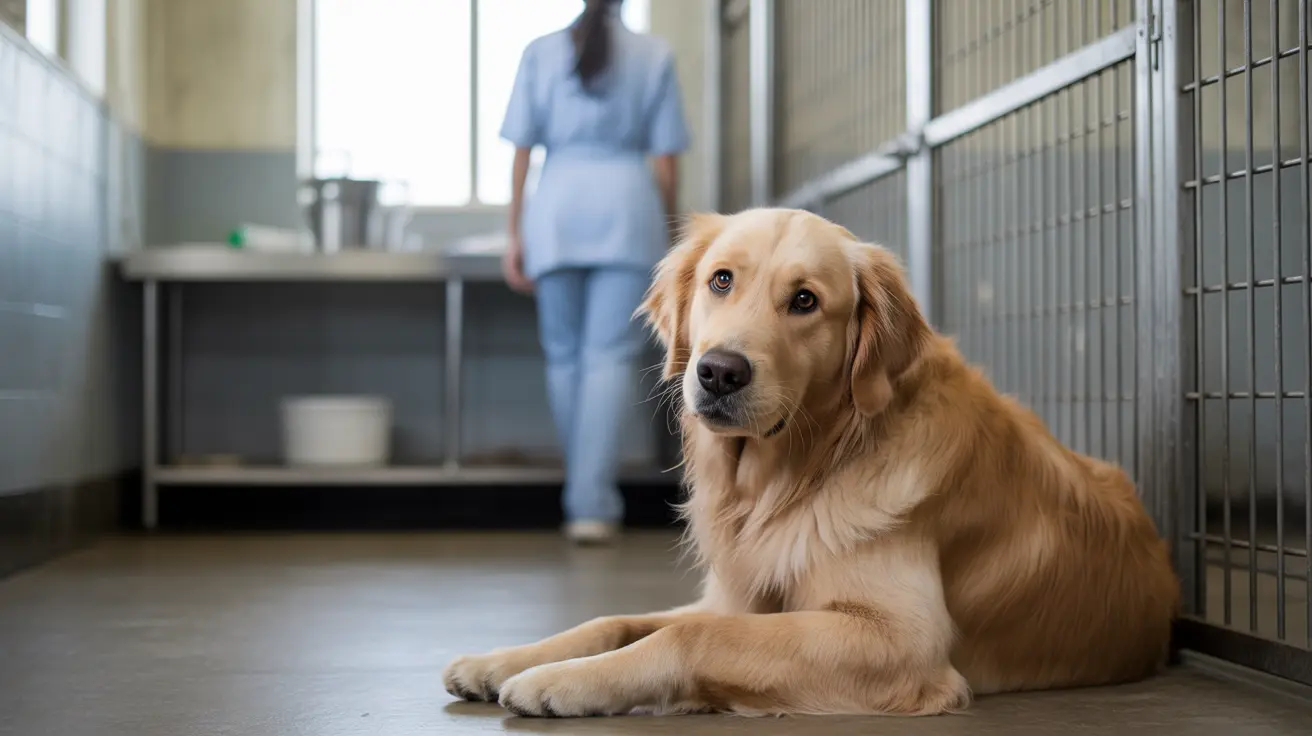Understanding Animal Control Officer Accountability
Animal control officers hold positions of significant responsibility in our communities. They are tasked with enforcing animal welfare laws, investigating reports of abuse or neglect, and ensuring the safety of both animals and the public. When these trusted officials face animal cruelty charges themselves, it creates a particularly troubling situation that demands thorough investigation and appropriate consequences.
The fact that this case involves a supervisor-level position makes it even more concerning, as supervisors typically oversee multiple staff members and have greater influence over shelter policies and procedures. This situation highlights why regular oversight and accountability measures are essential in all animal care facilities.
Animal Cruelty Laws Virginia: Understanding the Legal Framework
Virginia has comprehensive animal cruelty laws designed to protect animals from abuse, neglect, and mistreatment. These laws apply to all individuals, including those working in professional animal care positions. Animal cruelty charges can range from misdemeanors to felonies, depending on the severity of the alleged actions and whether the incidents involve repeat offenses.
When animal control staff face such charges, it not only represents a betrayal of public trust but also demonstrates that no one is above the law when it comes to animal welfare. The legal system treats animal cruelty seriously, with potential penalties including fines, imprisonment, and prohibition from working with animals in professional capacities.
Signs of Animal Neglect and Abuse in Shelters
Pet owners and community members should be aware of warning signs that might indicate problems at local animal shelters or control facilities. These signs include poor sanitary conditions, overcrowding, inadequate veterinary care, animals showing signs of distress or fear around staff, and lack of transparency in operations.
Additionally, healthy animals should not appear malnourished, injured without proper medical attention, or exhibit behavioral signs of trauma. Reputable facilities welcome public interest and maintain open communication about their operations and animal care standards.
How to Report Animal Cruelty and Ensure Shelter Accountability
If you suspect animal cruelty or neglect at any facility, including animal control operations, several reporting options are available. Contact local law enforcement, state animal welfare agencies, or national organizations that investigate animal abuse. Document any evidence you observe, including photographs if safely obtainable, dates, times, and specific details about concerning conditions or behaviors.
Many states also have anonymous reporting hotlines specifically for animal cruelty cases. When reporting suspected abuse by animal control staff, consider contacting supervisory agencies or elected officials who oversee animal control operations in your area.
The Importance of Animal Welfare Enforcement Oversight
This Colonial Heights case demonstrates why robust oversight mechanisms are essential for all animal care facilities. Regular inspections, transparent reporting procedures, and accountability measures help ensure that animals receive proper care and that staff members uphold professional standards.
Communities can advocate for stronger oversight by attending city council meetings, requesting regular reports on animal control operations, and supporting legislation that enhances animal protection measures. Public engagement helps create an environment where animal welfare remains a priority.
Frequently Asked Questions
What should I do if I suspect animal cruelty at a local shelter?
Contact local law enforcement immediately and document any evidence you observe. You can also report concerns to state animal welfare agencies or national animal protection organizations. Many areas have anonymous reporting hotlines specifically for animal cruelty cases.
How are animal control officers held accountable for animal welfare violations?
Animal control officers are subject to the same animal cruelty laws as any citizen. When violations occur, they face criminal charges, potential job loss, and may be prohibited from working with animals professionally. Oversight agencies and law enforcement investigate reported violations thoroughly.
What are the legal consequences for animal cruelty in Virginia?
Virginia animal cruelty laws carry serious penalties including fines, imprisonment, and restrictions on animal ownership or professional animal care work. Penalties vary based on the severity of the offense and whether it involves repeat violations. Felony charges can result in significant jail time and permanent criminal records.
Moving Forward: Protecting Our Pets
While cases like this Colonial Heights incident are deeply concerning, they also serve as important reminders of the need for continued vigilance in animal welfare. Pet parents and community members play crucial roles in ensuring that all animals, including those in shelters and control facilities, receive proper care and protection.
By staying informed about local animal control operations, supporting transparency initiatives, and knowing how to report suspected abuse, we can work together to create safer environments for all animals in our communities.






